Researching, Outlining and Writing a Historical Fiction Novel
Writing historical fiction is a multi-step process. This post will focus on the first steps in that process: researching and outlining.

Writing historical fiction is a multi-step process. This post will focus on the first steps in that process: researching and outlining.

I am thrilled to announce that my fifth novel and the second in the Olaf Saga series of books, Sigurd’s Swords, is now available to order on Amazon in print and eBook formats.
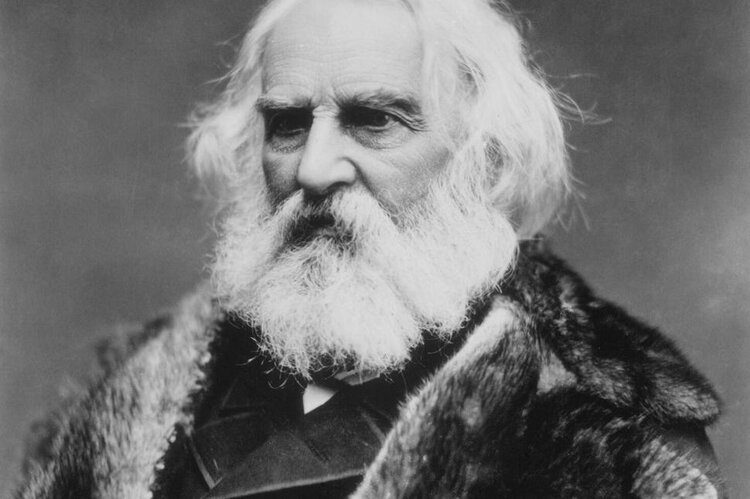
You may have noticed my recent social posts in which I quote various stanzas from a poem. The poem is called “The Saga of King Olaf” and it was written by poet Henry Wadsworth Longfellow.
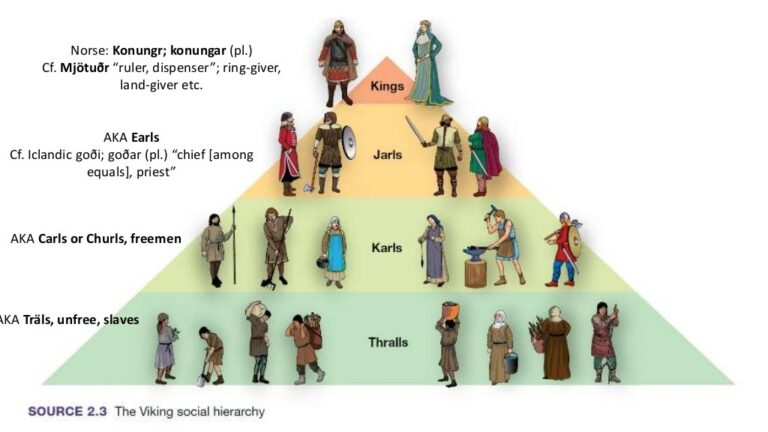
Social class. It is one of those storytelling elements that can affect plot, character, and setting. But what happens when the social hierarchy is not so clear?

How does a writer create believable characters if the characters lived decades ago, centuries ago, or even, millennia ago? One of the methods is through their speech, which manifests itself in dialogue. Here is my five-step recipe for creating believable historical dialogue. Hopefully, it can be useful to you too…
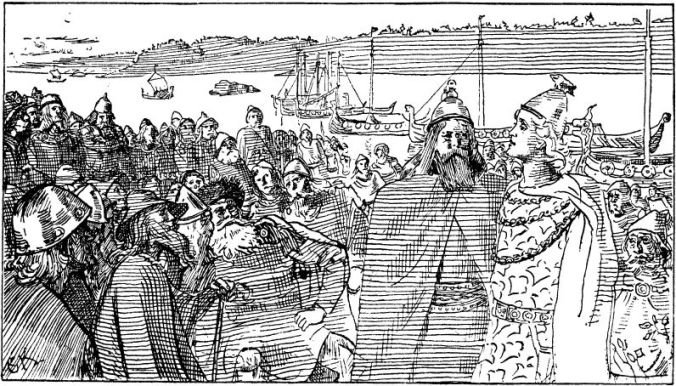
A blogger recently asked me about the role of faith in my novels. It’s an interesting question, and one I wanted to give some attention to here. Read on to find out more…

To be quite candid, God’s Hammer has had a rather strange life that exemplifies both the changing face of publishing and the challenges facing authors today. Read more about its strange life in this post.
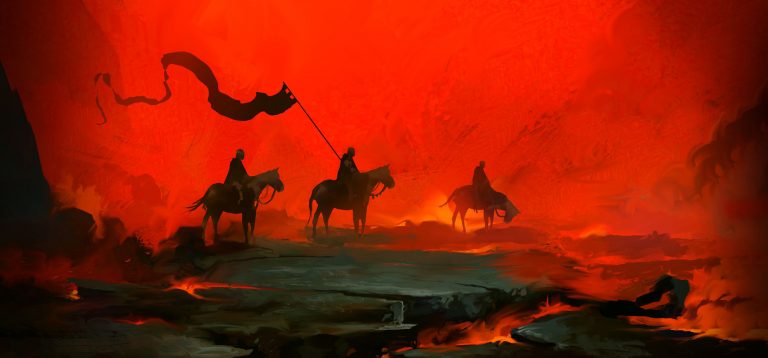
That is the central question that Hakon Haraldsson must answer in GOD’S HAMMER. It is not an atypical question for the Dark Ages. There are countless stories of warlords and kings dying in their pursuit of the throne, or dying to protect it. Yet Hakon’s story stuck a chord with me because Hakon was not the typical Viking leader.
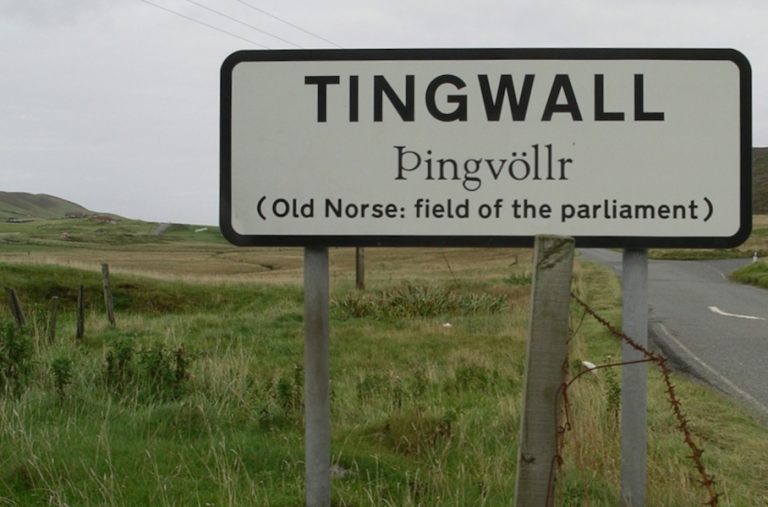
One of the most difficult judgment calls in writing historical fiction is the handling of names and place names, especially when dealing with time periods where written resources are scarce. Here’s why…